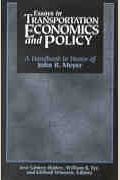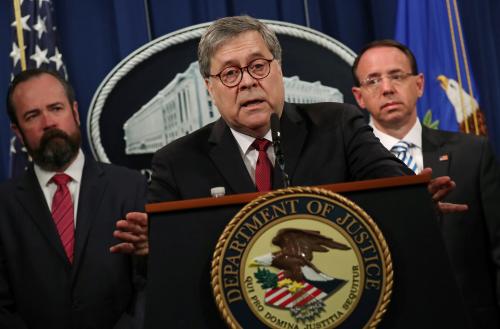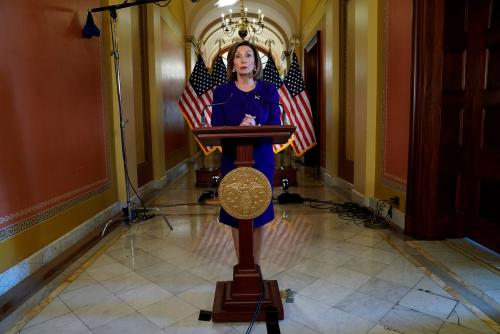The redacted version of the Mueller report was released nearly a month ago, and the people’s verdict is now clear. The president has not received the total exoneration he craves, but Democrats eager to impeach him are left without the broad public support they need. Although a majority believes that Mr. Trump has acted improperly, Americans are far from persuaded that the facts as they understand them warrant his removal from office.
In spite of the insults heaped upon Mr. Mueller and his team, the people believe that he conducted a fair investigation whose results are credible. An NPR/PBS/Marist poll finds that 61 percent of Democrats, 62 percent of Independents, a 47 percent plurality of Republicans, and a 49 percent plurality of 2016 Trump supporters approve of the job he did as special counsel. A Quinnipiac survey conducted a week later put support for Mr. Mueller’s fairness at 72 percent, including 65 percent of Republicans. And in spite of Mr. Trump’s insistence that he has been fully exonerated, only 33 percent of Americans think that Mueller’s report clears the president of all wrongdoing. (An NBC/Wall Street Journal poll released the same week put this figure at 29 percent.)
In contrast to their sentiments about Mr. Mueller, the people have deep doubts about President Trump’s credibility. According to Quinnipiac, only 37 percent agree that he has been “honest and truthful” in dealing with the matters Mueller’s report address, while 60 percent disagree. Moreover, 54 percent believe that Mr. Trump attempted to “derail or obstruct” Mueller’s investigation. Nevertheless, this survey finds, public opposition to initiating impeachment proceedings against the president is widespread, with only 29 percent in favor and 66 percent opposed, including almost 4 in 10 Democrats.
The public even harbors doubts about the wisdom of continuing to investigate Mr. Trump. According to NPR/PBS/Marist, the people are split down the middle, with 49 percent in favor of continuing the investigation and 47 percent opposed. Quinnipiac finds much the same, within the margin of error (47 percent in favor, 51 percent opposed), and so does the NBC/Wall Street Journal survey, with a twist: given a choice among three rather than two options, just 17 percent of the people believe there is already enough evidence to begin impeachment hearings and an additional 32 percent favor investigations to see whether impeachment might be warranted in the future, while 48 percent think that the president should be allowed to finish out his term of office without impeachment hearings.
The Quinnipiac survey suggests that concerns unrelated to the substance of the Mueller report are contributing to the public’s ambivalence about continuing to focus on this issue. Only 43 percent of the people believe that Congress can investigate President Trump and work on important national issues at the same time; 53 percent disagree. Fifty-seven percent of whites with college degrees—a key target group for Democrats—doubt that Congress can walk and chew gum at the same time, as do 55 percent of Independents.
Speaking for most Democratic leaders, House Speaker Nancy Pelosi has said that impeachment makes sense only if support for it is broad and bipartisan. The surveys conducted since the release of the redacted Mueller report make it clear that this support does not now exist and could emerge only if congressional investigations uncovered bombshell evidence not contained in the report. Despite wide public disapproval of President Trump’s conduct, the odds are high that he will serve out his term and fight for a second term as his party’s nominee.
The Brookings Institution is committed to quality, independence, and impact.
We are supported by a diverse array of funders. In line with our values and policies, each Brookings publication represents the sole views of its author(s).











Commentary
The Mueller Report has damaged President Trump’s credibility, but Americans are not rushing to impeach
May 16, 2019